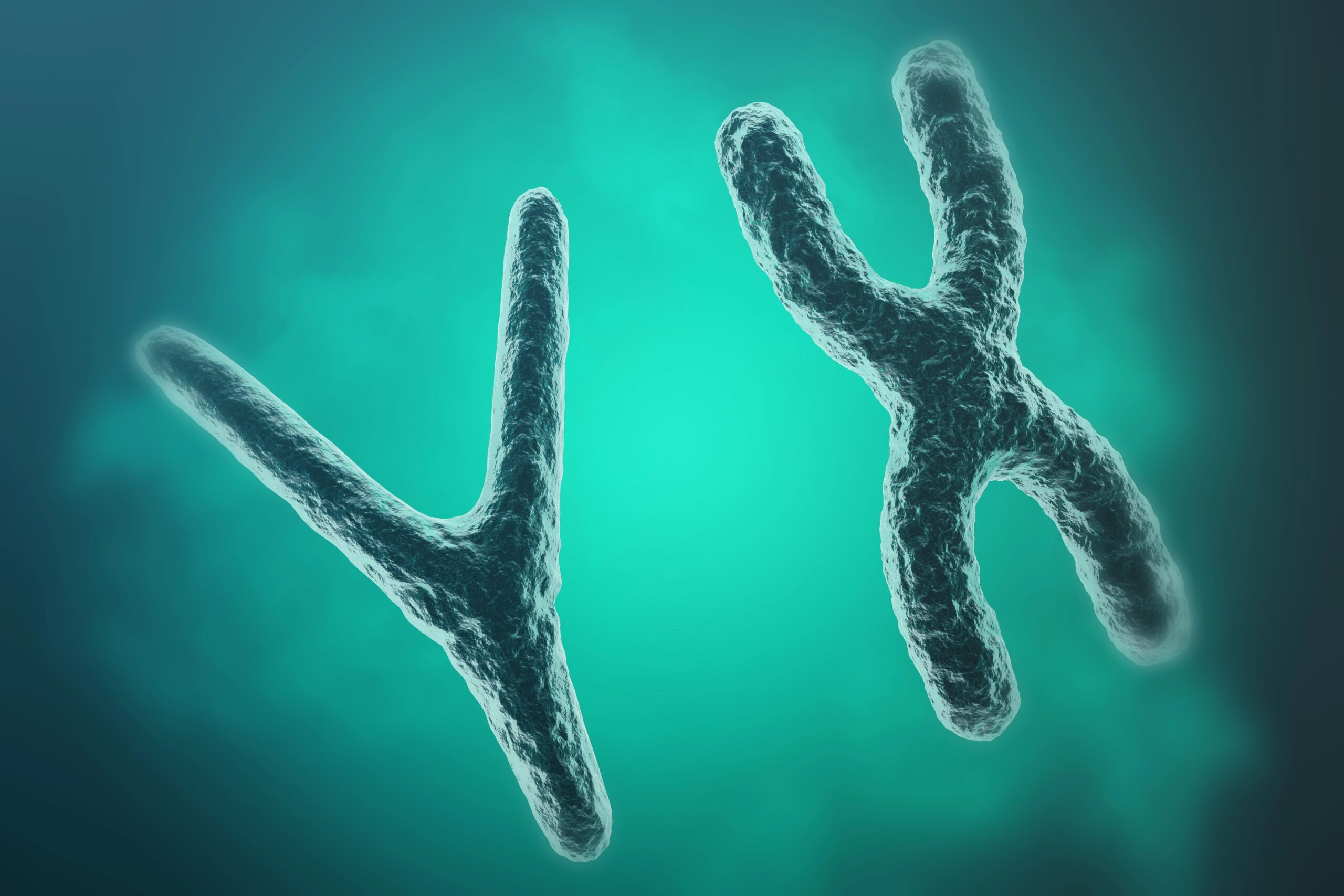Hair thinning and loss are highly visible and common changes associated with aging in men. At the same time, many men experience cellular changes that affect disease risks. One specific alteration—Y chromosome loss—has emerged as a driver of worse cancer outcomes. A study published in Nature analyzing thousands of tumors across diverse cancer types reveals that the disappearance of this male chromosome doesn’t just signal aging—it actively exacerbates cancer severity.

The Hidden Impact of Y Chromosome Loss
The researchers examined 4,127 tumors from 29 different cancer types, including colon, brain and lung cancers, leukemia and lymphoma, and found striking results. Tumors lacking the Y chromosome consistently correlated with shorter survival rates. Further experiments revealed that cancer cells lacking a Y chromosome could influence nearby cells, such as T cells and fibroblasts, to also lose their Y chromosomes. This cascade of chromosomal loss within the tumor microenvironment notably worsened patient outcomes, painting a concerning picture of cellular interplay.
Dan Theodorescu, senior author of the study and director of the University of Arizona Cancer Center, underscored the findings’ significance, noting, “The strong prediction from this paper is that T cells without the Y chromosome will be not as effective at rejecting tumors, and likely be less sensitive to checkpoint inhibitors.”
Shaping Future Cancer Therapies
The implications of these findings extend broadly, potentially affecting half the population. Oncologists Nicholas McGranahan and Rahul Roychoudhuri wrote in a commentary published in the same issue of Nature that the results highlight “the potential value of assessing Y chromosome status in the tumor microenvironment, not just in cancer cells, when considering patient prognosis and potential treatment approaches.”
Knowing a patient’s Y chromosome status could refine therapeutic strategies, optimizing personalized cancer care. This revelation could significantly impact clinical decisions, particularly regarding treatments such as autologous chimeric antigen receptor (CAR) T-cell therapies, which rely heavily on immune cells.
Tracing the Mystery of Chromosome Loss
Scientists have known since the 1960s that blood cells lose Y chromosomes with age. But the full implications of this phenomenon, ranging from shortened lifespan and elevated cancer risks to more severe cancer outcomes, have only recently been appreciated. Theodorescu’s research in 2023 linked Y chromosome loss to a tumor’s ability to evade immune surveillance, underscoring the chromosome’s crucial role in tumor biology.
Y chromosome loss becomes widespread with age, affecting approximately 2.5% of men at age 40, with the incidence increasing to 40% by age 70 and 57% by age 93. Given these numbers, understanding and intervening in this process could have a profound impact on men’s health worldwide.
Expanding the Research Frontier
Theodorescu aims to uncover exactly how Y chromosome loss propagates among cells and whether tumors attract Y-deficient cells from elsewhere in the body. While known predominantly in blood cells, he suspects chromosome loss might occur more broadly. “I would be shocked if it was only in the blood cells,” he admitted, signaling broader systemic implications.
Beyond cancer, losing the Y chromosome has also been linked to Alzheimer’s disease and cardiovascular issues, suggesting this cellular change could be a critical marker for a decline in overall health in men.
Paving the Way for Prevention
Looking ahead, Theodorescu hopes that the research results may inspire the development of preventive strategies. Similar to medications that reduce heart disease risk factors, he envisions treatments to maintain Y chromosome integrity throughout aging. “I want to get to a therapeutic in the end,” he said. “Maybe at age 40, you should be taking something so you don’t lose your Y chromosome.”
Ultimately, this groundbreaking research offers fresh insights and powerful new directions for combating cancer, enhancing treatment precision and potentially improving longevity and quality of life for men as they age.
Did you enjoy this blog post? Check out our other blog posts as well as related topics on our Webinar page.
QPS is a GLP- and GCP-compliant contract research organization (CRO) delivering the highest grade of discovery, preclinical, and clinical drug research development services. Since 1995, it has grown from a tiny bioanalysis shop to a full-service CRO with 1,200+ employees in the US, Europe, Asia, India and Australia. Today, QPS offers expanded pharmaceutical contract R&D services with special expertise in pharmacology, DMPK, toxicology, bioanalysis, translational medicine, cell therapy (including PBMCs, leukopaks and cell therapy products), clinical trial units and clinical research services. An award-winning leader focused on bioanalytics and clinical trials, QPS is known for proven quality standards, technical expertise, a flexible approach to research, client satisfaction and turnkey laboratories and facilities. Through continual enhancements in capacities and resources, QPS stands tall in its commitment to delivering superior quality, skilled performance and trusted service to its valued customers. For more information, visit www.qps.com or email info@qps.com.




